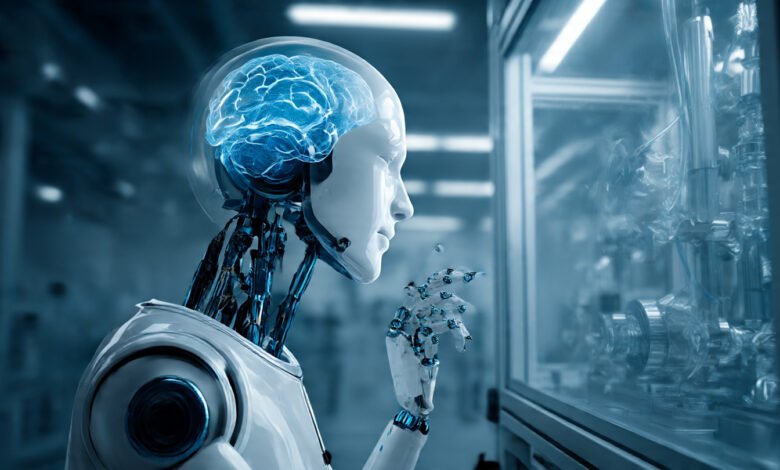AI’s Role in Reshaping Medical Manufacturing
AI is transforming pharmaceutical manufacturing with smarter workflows, fewer errors, and stronger supply chains for safer, more consistent medicines.

Artificial intelligence is quietly transforming how pharmaceutical products are made. It’s not a flashy overhaul, but rather a steady integration into every layer of the manufacturing process. In a field where accuracy, repeatability, and strict oversight are essential, AI is proving to be a game-changer.
The pharmaceutical production line is full of variables. Everything from the quality of raw inputs to environmental controls can shift unexpectedly. AI doesn’t eliminate these variables—it manages them. It offers a new level of control and insight, helping manufacturers make faster, more confident decisions and maintain production quality across the board.
Learning, Adapting, and Enhancing Efficiency
AI stands apart from traditional systems because it can adapt in real time. Instead of following a fixed set of instructions, machine learning models continuously refine themselves based on data. This is especially useful in areas like equipment maintenance and process control. When a machine begins to degrade or veer off its optimal settings, AI can detect subtle changes early and adjust before a problem escalates. This kind of foresight cuts down on downtime, boosts consistency, and reduces waste.
AI’s utility isn’t limited to the factory floor. In logistics, it helps teams anticipate delays, optimize supply levels, and stay nimble in the face of disruptions. With accurate forecasting and responsive modeling, AI is helping manufacturers run smarter operations from end to end.
Navigating Regulations Without Slowing Progress
Regulation is an essential part of pharmaceutical manufacturing—and often a roadblock to adopting new technology. AI is helping bridge that gap. Tools like natural language processing can analyze dense regulatory guidelines in moments, streamlining compliance efforts. At the same time, digital tracking and logging systems give manufacturers the transparency they need to prove compliance at every stage.
By automating some of the most time-consuming compliance tasks, AI frees up teams to focus on improvement and innovation—without increasing risk.
Looking Ahead: Smarter Systems, Safer Outcomes
The role of AI in this space will only continue to grow. It’s not about following trends—it’s about building systems that support precision, reduce human error, and create more resilient supply chains. As AI becomes more integrated into pharmaceutical workflows, the outcome isn’t just operational efficiency. It’s safer medicines, delivered with greater consistency, and made with fewer disruptions.
For additional insight into how AI is redefining standards in pharmaceutical production, explore the visual guide accompanying this article from Advanced Technology Services, provider of predictive maintenance services.











